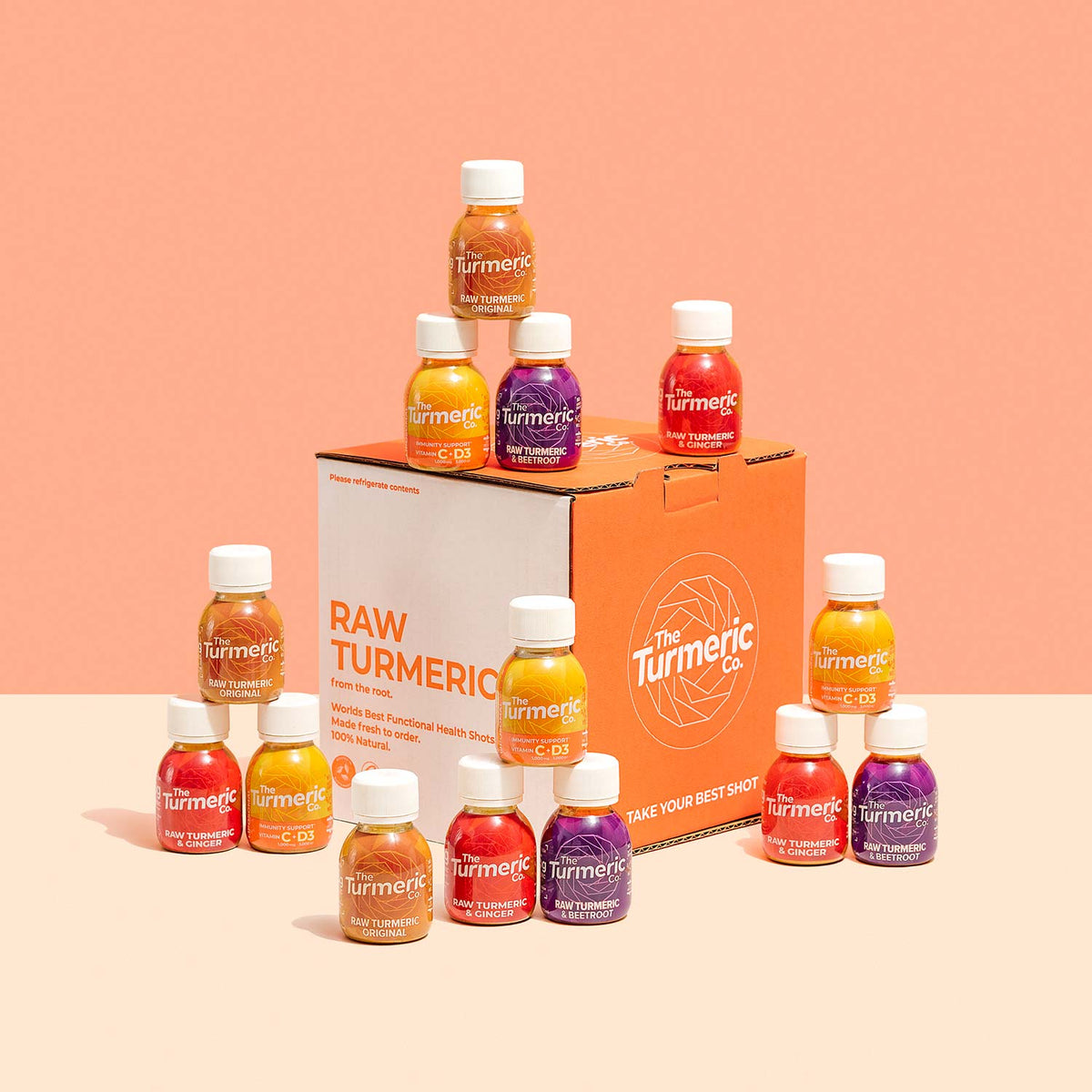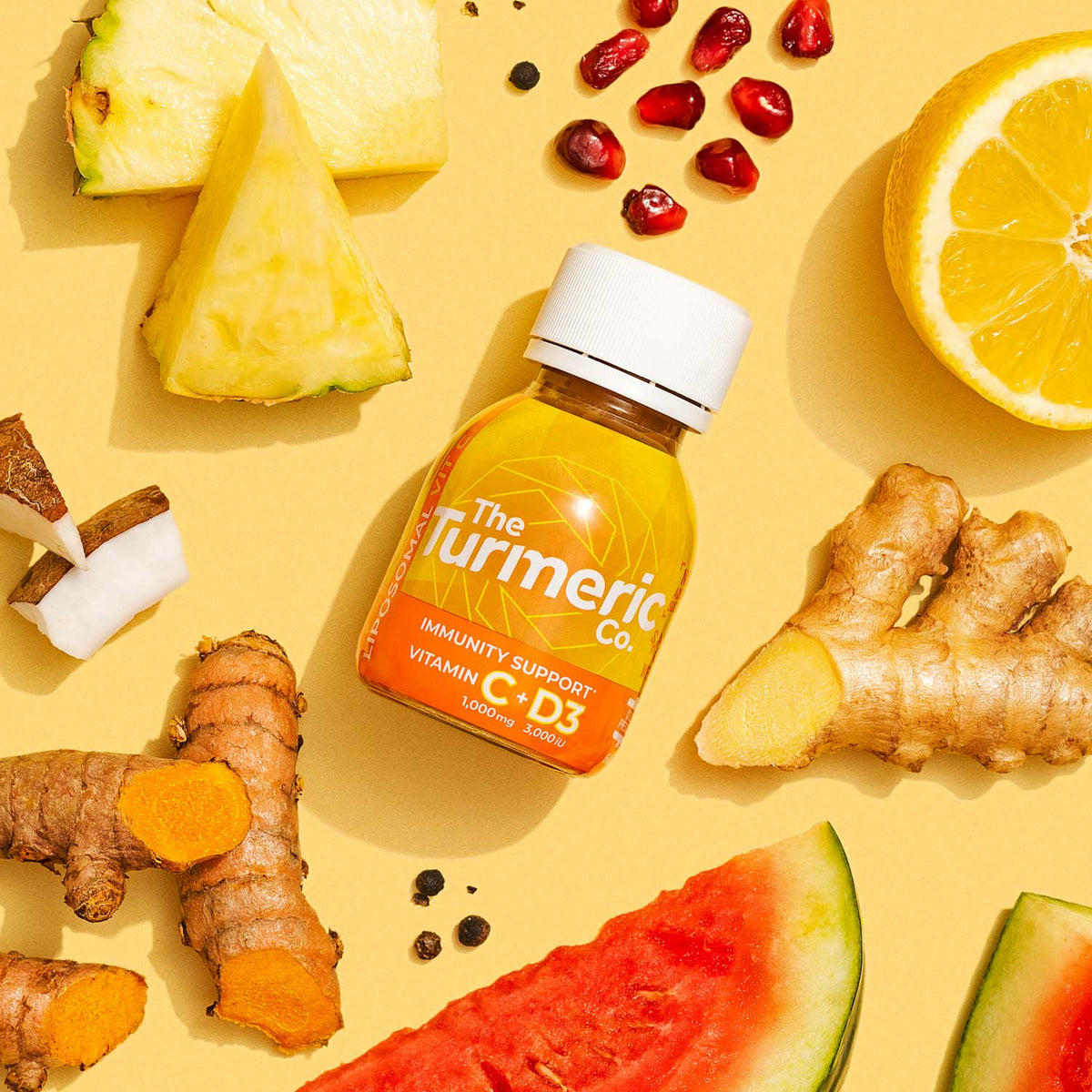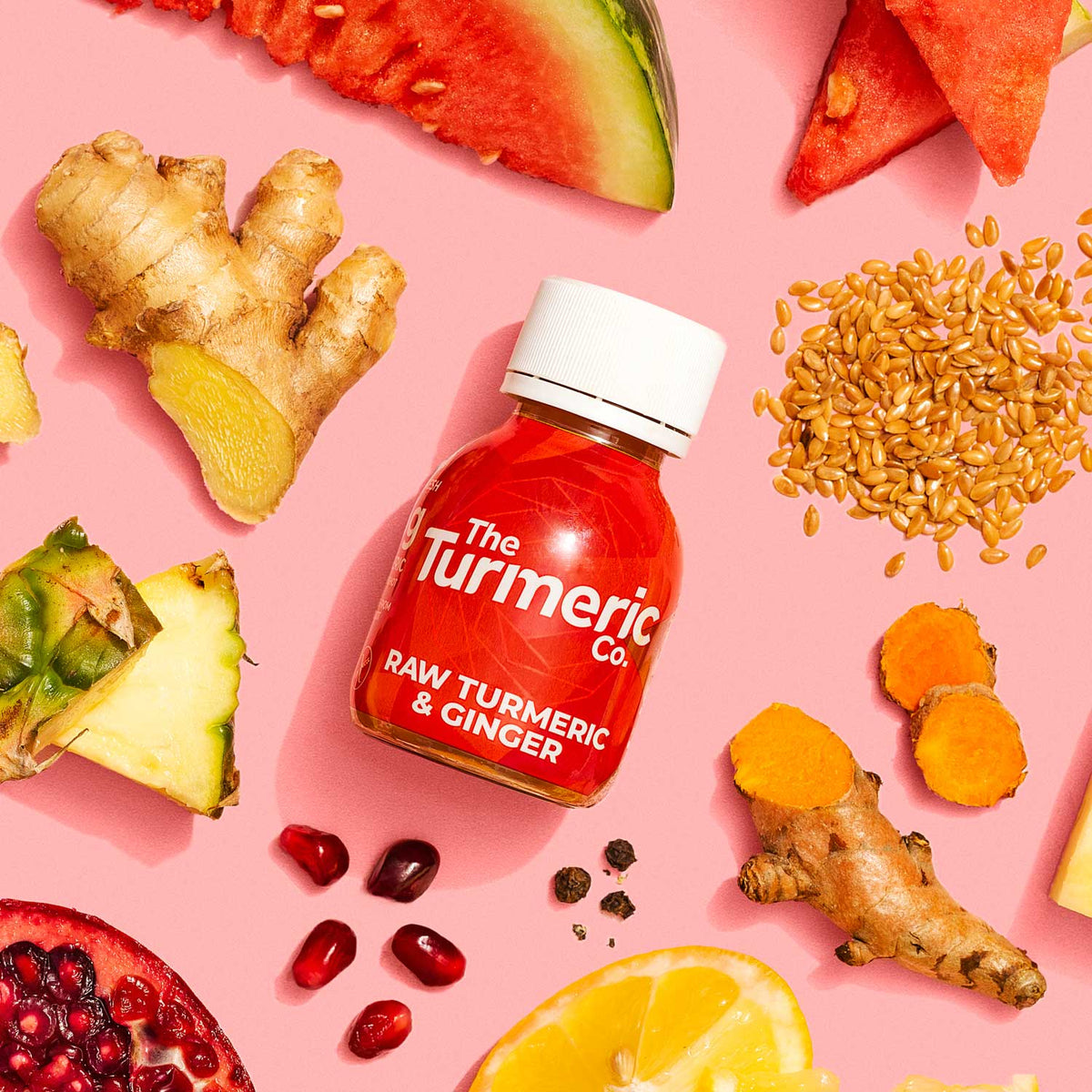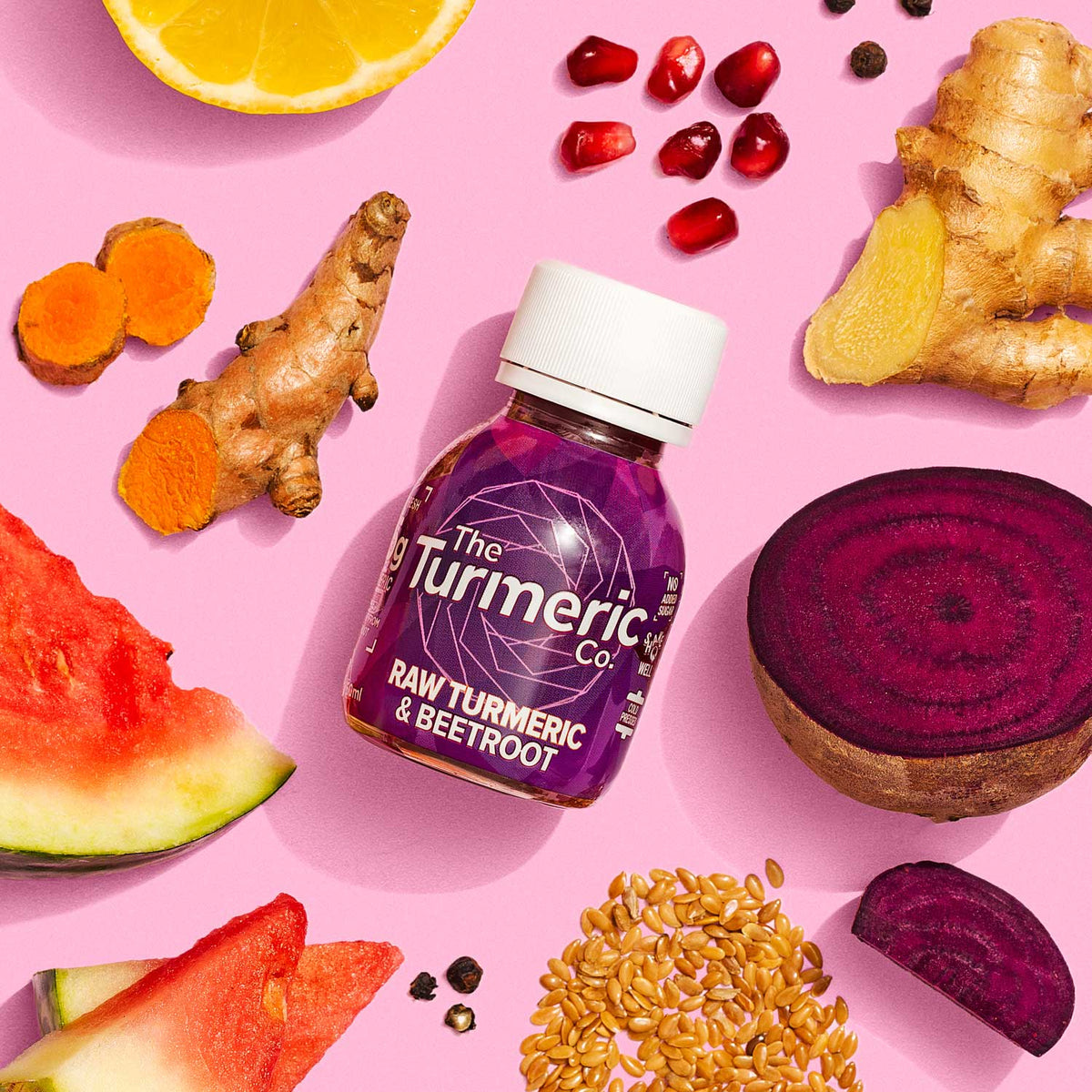Sunlight is one of the best natural sources of vitamin D, as our bodies produce it when exposed to the sun, but it can also be found in fortified cereals and a number of different foods. Despite these abundant sources of the vitamin, 1 in 5 adults in the UK have low vitamin D levels. Vitamin D deficiency can occur due to a restrictive diet, lack of exposure to sunlight (especially during the winter months) and even due to poor absorption in the digestive tract.
So, what can be done to combat low levels of vitamin D and why is it so important for health?
What Are the Best Natural Sources of Vitamin D?
When it comes to ensuring you get enough vitamin D to keep you healthy, relying on the sun isn’t always the best option – especially during the winter months. However, there are a number of different foods which contain vitamin D that you can include in your diet to keep you as healthy as possible all year round.

Some of the best natural sources of vitamin D include:
- Oily fish
- Egg yolks
- Mushrooms
- Red meat
- Liver
- Fortified foods, such as breakfast cereal or plant-based milk
It can be more difficult for those on a vegan or vegetarian diet to obtain the vitamin D they need from food, however, many breakfast cereals and plant-based milks are fortified with vitamin D, so it is still possible to get a sufficient amount on a plant-based diet.
What Does Vitamin D Do?
Vitamin D, also known as the sunshine vitamin, is a fat-soluble vitamin which is essential for optimal health and can help to prevent or alleviate a number of health problems.
It Can Help Prevent the Winter Blues
With less sunlight in the winter months, many people can suffer from the ‘winter blues’, also known as seasonal affective disorder. This can result in low mood, loss of motivation and a lack of energy.

This can be caused by low levels of serotonin, which is also known as the ‘happy hormone’. Low levels of this hormone can have a huge impact on mood, sleep and appetite, so finding ways to boost production is essential for beating feelings of low mood. However, vitamin D is thought to be able to help stimulate the production of serotonin, reducing these feelings and making the darker months a lot more bearable.
Although it can be difficult to get sufficient vitamin D from the sun during the winter, it’s important to ensure you’re getting enough from your diet or a supplement to help you fight the winter blues and keep yourself as healthy as possible.
It Plays a Vital Role in Maintaining Healthy Bones
We all know how important calcium is for healthy bones, however, many people are unaware of the vital role vitamin D plays in the maintenance of healthy bones and teeth.
That’s because vitamin D is needed in order to absorb calcium, otherwise it will extract it from the calcium stores within the bones, which can result in osteoporosis in the long-term.
It Can Help Sustain Proper Muscle Function
One of the first symptoms of vitamin D deficiency is often muscle pain or cramps. That’s because vitamin D levels are associated with an increased risk of muscle weakness, resulting in muscle pain.

Additionally, studies have shown that optimal levels of vitamin D may be able to improve muscle strength and function in healthy people and is one reason why vitamin D is important for athletes, who rely on muscle function to excel in their sport.
Vitamin D Can Reduce Your Risk of Illness
Another common sign that you may be deficient in vitamin D is recurrent infections and illnesses – especially respiratory infections.
Vitamin D deficiency has long been associated with an increased risk of suffering from frequent colds and the flu. However, vitamin D supplementation is thought to reduce the risk of developing these respiratory infections.
If you weren’t aware of the importance of vitamin D before, you’ll certainly want to prioritise this vitamin from now on! Whether you enjoy one of our Raw Turmeric Vitamin C & D3 shots each morning, or simply prioritise spending time in the sun during the summer months, you’ll be well on your way to avoiding low vitamin D levels and avoiding the unpleasant side effects.
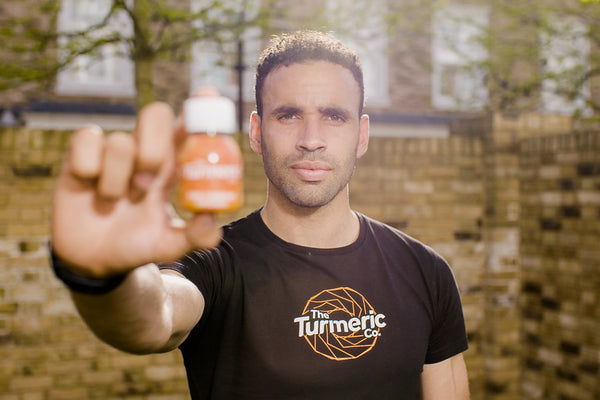
The Hal Robson-Kanu Guide To Fitness & Nutrition
Gain exclusive insight into habits that will make every day a healthy and fulfilling one.
